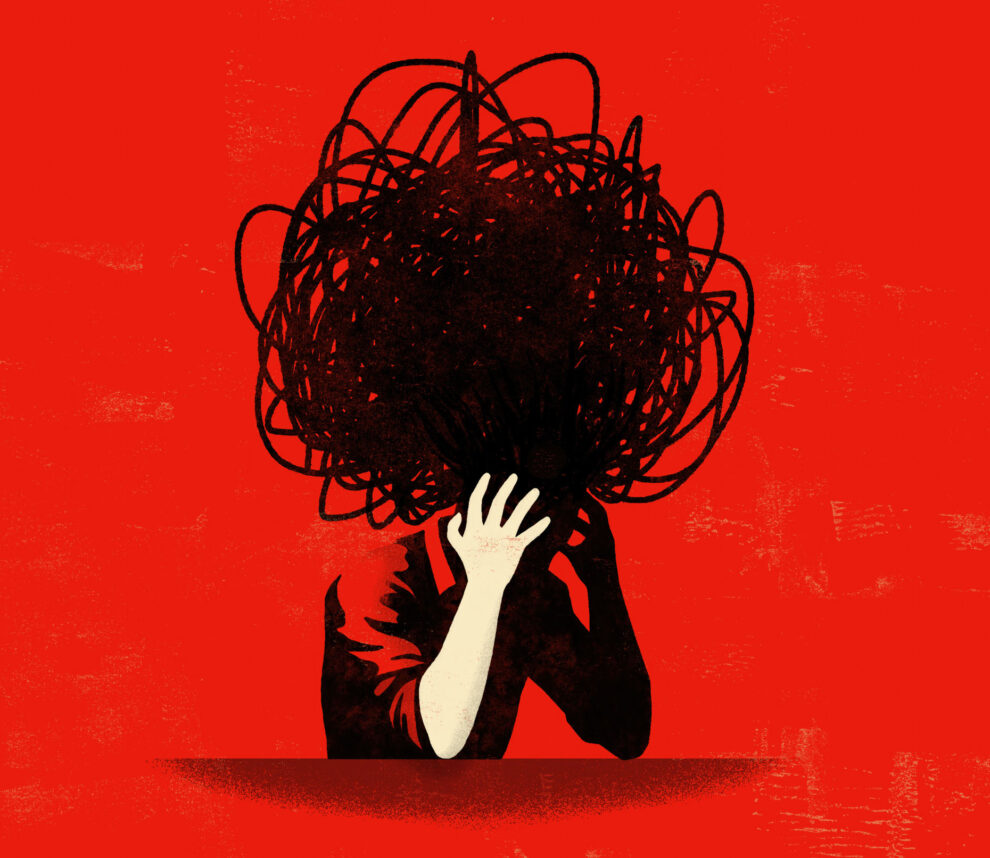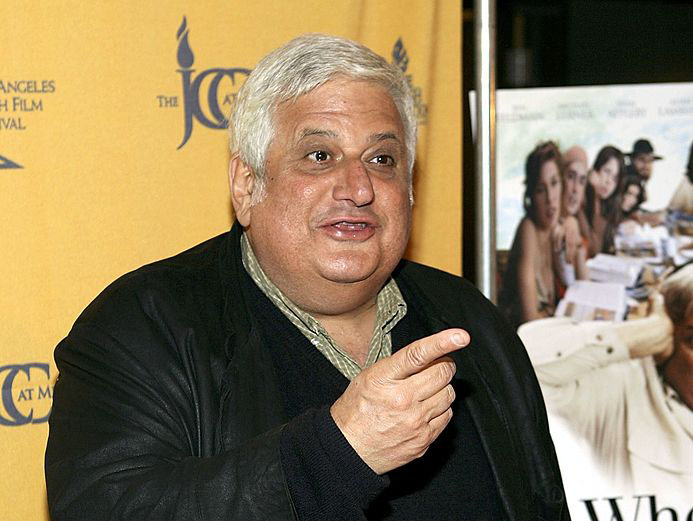The continued tension between the Israeli government and Israel’s High Court has turned into a war of words, a war that is unpleasant to watch. But that should not come as big surprise. It is a war over principles – and it is also a battle over power. The government is hardly immune to whining and to pointing fingers at other institutions when it fails to achieve its goals. The court is not immune to wanting more power and to making its life easy by issuing rulings that make it look good and make the life of the government miserable.
The current wave of verbal abuse is a result of the decision from a few days ago to strike down the gas deal – “a deal that Prime Minister Benjamin Netanyahu reached in December to enable the development of a major offshore natural gas field.” The court was not satisfied with the decision of the government to commit Israel to a long term deal without having the approval of the Knesset. Netanyahu cannot get such approval, since several members of his narrow coalition refuse to vote for a deal that has become toxic in an era in which all deals between a government and the “rich people,” the “tycoons,” the “capitalists” are toxic.
So the court says: sorry – to have a ten year deal that no future government can change (that’s the agreement) you must have a legislative process and approval. Then the government says: striking down the deal is easy, but Israel is going to lose billions because of the decision – billions for which the government has responsibility and the court does not.
A government is never happy to see its decisions struck down by a court. A court is often suspicious of having thin skin – it is ready to make controversial decisions but is reluctant to see these decisions criticized. Yesterday, the court was harshly criticized by no other than the Justice Minister, Ayelet Shaked of the Jewish Home Party. Shaked is known for her critical view of the court, and its rationale concerning the gas deal – the justices do not want this government to tie the hands of future governments – made her angry: “Why, according to the same position which prohibits tying the hands [of future governments], didn’t [the court] strike down the right of the government to sign onto the Oslo Accords, which tied the hands of future governments even more [and created instability],” she asked.
It is all politics – Shaked suspects. The court tilts leftward and is ready to disrupt the policies of a right-wing government. She is not the only politician that does not approve of court intervention and activism. Last week, when the ruling was announced, Netanyahu was also critical of it, but somewhat more civil in stating his objection to it.
And of course, this is hardly the first clash between these politicians and the court. Israel’s ministers were unhappy with the decision by the court to strike down legislation that aimed to deal with illegal immigration – not once, but three times. The government complained as it does today: we have to make sure that illegal immigrants do not infiltrate Israel, and the court stands in our way by ruling in ways that makes it impossible for us to run the country.
Surely, Shaked’s comments were undiplomatic. This is a recurring problem with her. But the reaction to her comments was also over the top. The justices, and her political rivals, responded in what seems like panic. She should be fired, declared the Zionist Camp party. But no – she should not be fired. She was elected to make policies. She was elected to try and temper down what her voters believe is an exaggerated level of judicial activism. And while her language is not always subtle, her complaints are real and substantive. She is hardly the only Israeli who sees a problem with Israel’s judicial activism.
Next year, four High Court justices are retiring, and Shaked will get her great opportunity to influence the character of the court. As a Knesset Member she was critical not just of the court but also of the way justices are elected. She argued – again, not without reason – that the court has a tendency to replicate itself by only allowing in new members that adhere to similar viewpoints.
Whether Shaked proves as savvy in manipulating the selection process as she is skilled in igniting a public debate only time will tell. In the meantime – as she criticizes the court for forgetting that the government has the responsibility to make a deal and get Israel the billons expected from the gas – she should be reminded that this isn’t the government’s only responsibility: As Justice Minister, more nuance would have been a better choice. She has a responsibility for the gas revenues, but also for keeping public debate civil and for keeping public respect for the court and its justices at a high level.























 More news and opinions than at a Shabbat dinner, right in your inbox.
More news and opinions than at a Shabbat dinner, right in your inbox.